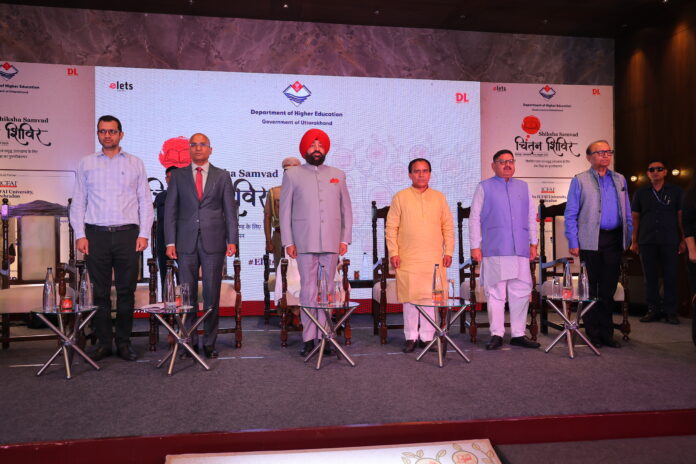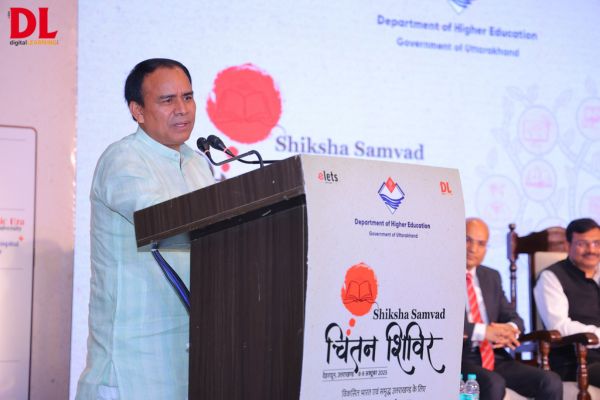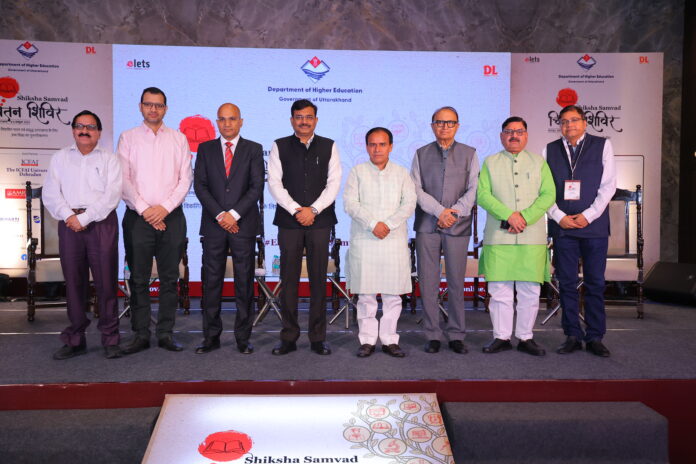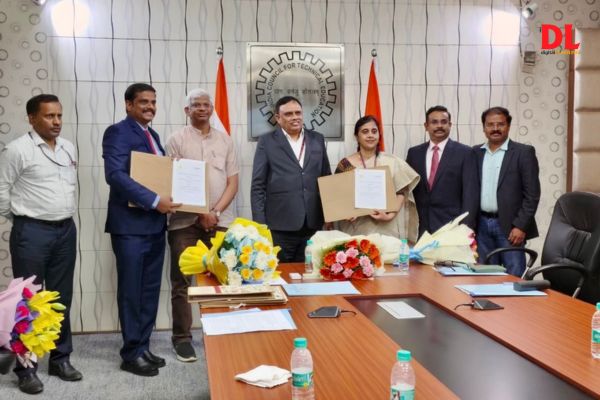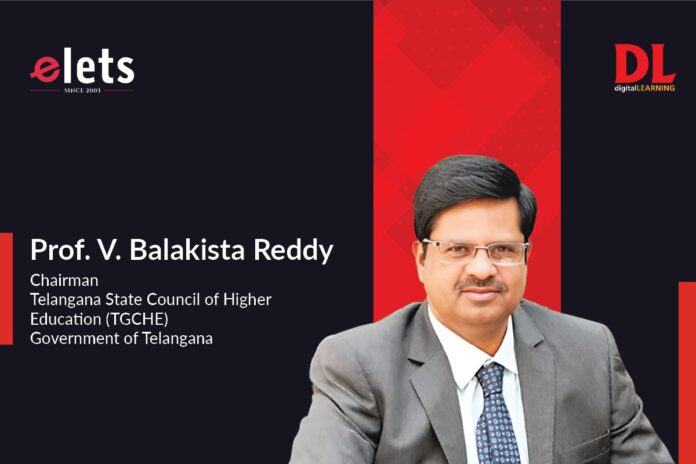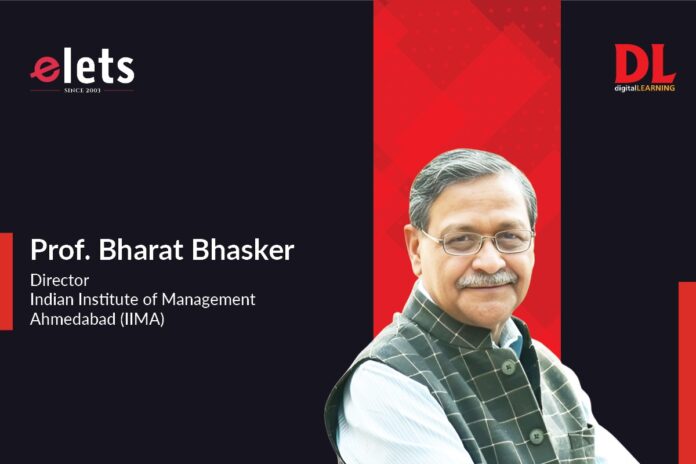A Living Codex for the New Era of Business and Education
The future of business and education is not built through reform – it emerges through resonance.
While traditional systems rely on hierarchy, control, and compliance, the Merkabah Management System (MMS) introduces a living codex – a multidimensional framework that unites structure, flow, and growth under universal principles of alignment.
Born from two decades of experience in Australia’s Vocational Education and Training (VET) sector and refined through deep study of leadership, human potential, and organisational systems, MMS redefines management as a Grail Compass – a guiding architecture for organisations seeking coherence between people, technology, and purpose.
This is management as consciousness in motion: a model that honours compliance yet transcends it, bridging the tangible and the timeless, and preparing humanity for a future where every system breathes.
The Merkabah – The Ascension Vehicle of Modern Enterprise
In ancient mysticism, the Merkabah symbolised the vehicle of ascension – two interlocking tetrahedrons spinning in harmony, representing the balance between heaven and earth, logic and intuition, structure and spirit.
The Merkabah Management System translates this sacred geometry into a modern business and education model.
Each triangle represents a polarity; when the polarities unite, they generate the spin of evolution – what we call the Grail Flow.
At the heart of the system lie The Four Keys of Alignment – the operational and energetic compass of conscious enterprise.
The Four Keys of Alignment
| Key | Element | Universal Law | Chakra | Business Expression |
| Vision | Fire | Mentalism – “All is Mind” | Crown | Leadership & Creation |
| Structure | Earth | Correspondence – “As Above, So Below” | Root | Systems & Process |
| Flow | Air | Vibration – “Nothing Rests” | Heart | Communication & Culture |
| Growth | Water | Cause & Effect – “Every Action Has a Reaction” | Solar Plexus | Delivery & Outcomes |
Each Key represents one corner of the spinning Merkabah – together, they form a living engine of mastery that transforms conscious thought into tangible results.
Vision ignites purpose. Structure grounds it. Flow sustains it. Growth evolves it.
When these four forces move in alignment, a business becomes self-correcting – powered by coherence, not chaos.
The Four Keys in Motion
The Visionary Arc (Masculine Principle)
Focus: External orientation, innovation, leadership.
Business Layer: Lead generation, creative strategy, value creation.
Universal Law: Mentalism – All is Mind.
Chakra: Crown – Divine Thought.
Key: Vision.
Here, ideas are born and purpose is defined. It is the mind of the organisation – the CEO’s compass of foresight, innovation, and meaning. This is where leadership creates the light by which every team navigates.
The Embodiment Arc (Feminine Principle)
Focus: Internal systems, fulfilment, materialisation.
Business Layer: Operations, service, delivery.
Universal Law: Correspondence – As Above, So Below.
Chakra: Root – Foundation & Safety.
Key: Structure.
Here, vision descends into form. Policies, people, and processes anchor the dream into matter. This is the foundation of stability – where inspired strategy becomes measurable impact.
The Integrator Field (Heart Principle)
Focus: Unity of inner and outer.
Business Layer: Management, culture, communication.
Universal Law: Vibration – Nothing rests; everything moves.
Chakra: Heart – The Bridge of Harmony.
Key: Flow.
This is the circulatory system of the organisation. When leadership and service meet in harmony, the Merkabah spins – communication becomes rhythm, culture becomes vitality, and every team member becomes part of the pulse.
The Catalyst of Growth
Focus: Learning, adaptability, continuous improvement.
Business Layer: Client fulfilment, review, innovation loops.
Universal Law: Cause & Effect – Every Action Has a Reaction.
Chakra: Solar Plexus – Empowerment & Will.
Key: Growth.
This is where feedback becomes transformation. Growth is not expansion for profit’s sake, but the natural outcome of a system that listens, learns, and evolves.
The Seven Laws as the Seven Levels of Business Ascension
The vertical axis of the Merkabah aligns with the Seven Universal Laws, forming the ascension ladder through which an organisation rises in awareness, accountability, and impact. Each law mirrors a chakra and operational layer – a living energetic spine for enterprise.
| Universal Law | Chakra | Energy Principle | Business Expression |
| Mentalism – “All is Mind” | Crown | Thought, strategy, creation | Strategic vision & innovation |
| Correspondence – “As Above, So Below” | Third Eye | Reflection, ethics | Governance & alignment |
| Vibration – “Nothing Rests” | Throat | Communication, morale | Cultural coherence |
| Polarity – “Everything is Dual” | Heart | Balance, empathy | Team dynamics & EQ |
| Rhythm – “All Things Rise and Fall” | Solar Plexus | Timing, momentum | Change management |
| Cause & Effect – “Every Action Has a Reaction” | Sacral | Accountability, creativity | Outcomes & review |
| Gender – “All Creation Requires Balance” | Root | Stability, integration | Vision ↔ Service equilibrium |
When all seven are harmonised, the business becomes a fully awakened Merkabah – stable at its roots, visionary at its crown, and alive in every layer between.
Integration with the VET 2025 Standards
The Merkabah Management System is aligned directly with the 2025 Standards for RTOs, harmonising compliance with consciousness.
- Vision (Fire / Mentalism) – drives strategic intent and leadership under Standard 1 (Governance and Direction).
- Structure (Earth / Correspondence) – aligns with Standards 2-4 (Operations, Delivery, and Quality Assurance).
- Flow (Air / Vibration) – maps to Standards 5-6 (Student Engagement and Cultural Cohesion).
- Growth (Water / Cause & Effect) – embodies Standards 7-8 (Feedback, Review, and Continuous Improvement).
Through this lens, RTOs and training organisations evolve from compliance frameworks into living ecosystems of transformation – able to adapt, innovate, and serve both learners and industry with integrity.
AI Certs & Professional Development Integration
In collaboration with AI Certs International, Merkabah Management Systems integrates AI-powered learning, micro-credentialing, and non-accredited professional development into its frameworks.
This partnership bridges digital intelligence and human consciousness – empowering educators, trainers, and leaders to harness AI ethically and intelligently within their systems.
Our programs merge technical literacy with emotional intelligence – creating future-ready professionals who can lead change, not just survive it.
By aligning AI training with the Four Keys of Alignment, participants learn not only what to implement, but why and how to sustain it consciously.
From Hierarchy to Harmony
Traditional management teaches us to “report upward.”
Merkabah Management Systems teaches us to support outward.
By inverting the pyramid – as expressed in the Holy Grail Model – power flows from the base, uplifting the trainers, learners, and service teams who hold the real keys to innovation.
This transition marks the evolution from control to coherence – from systems that restrict to systems that resonate.
When every level of the organisation recognises itself as part of a greater geometry, hierarchy dissolves into harmony.
Education as Ascension Technology
At its deepest level, Merkabah Management Systems views education itself as an ascension vehicle.
Whether through accredited training or professional development, learning mirrors the same universal pattern – activation through structure, flow, and growth.
By aligning the human system with the organisational system, learners evolve from participants into co-creators of transformation.
This is the essence of the VET Codex – a living curriculum that integrates compliance, technology, and consciousness into one regenerative model of excellence.
The Holy Grail in Business Terms
The Holy Grail is not an object; it is a state of integration – when mind, system, and service unite into one current of purpose.
In business, that means:
- Profit aligns with frequency.
- Growth reflects consciousness.
- Success becomes a natural effect of coherence.
The Merkabah Management System is not merely a model – it is a management system for multidimensional alignment.
It invites organisations, educators, and leaders to rise beyond metrics into mastery – where every process serves evolution, and every outcome reinforces purpose.
Conclusion – The Living Merkabah
The Merkabah Management System is the synthesis of timeless wisdom and modern innovation – a Gold Standard blueprint for organisations ready to evolve with humanity.
When Vision, Structure, Flow, and Growth align through the Seven Laws, a new kind of enterprise is born:
alive, ethical, regenerative, and conscious.
In this system, compliance becomes coherence. Leadership becomes service. And education becomes enlightenment in action. Because the Merkabah doesn’t just manage – it moves.
By: Mathieu Cooper- Creator & Founder, Merkabah Management Systems










